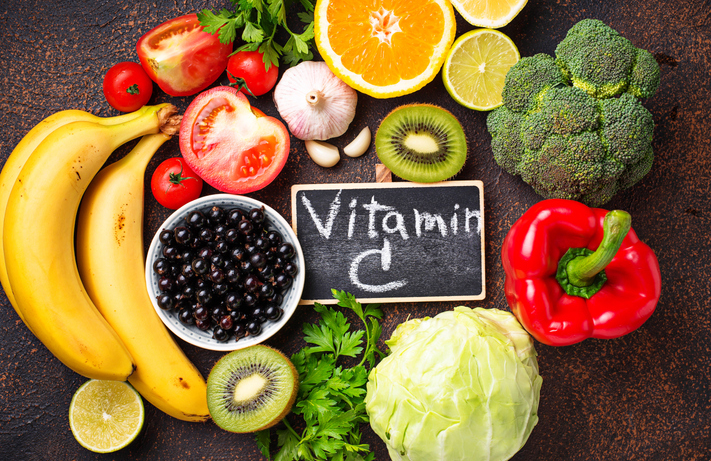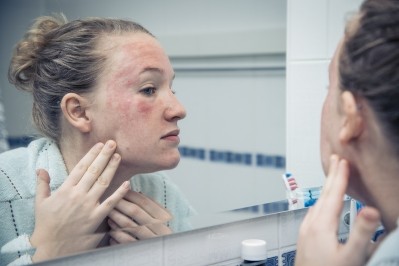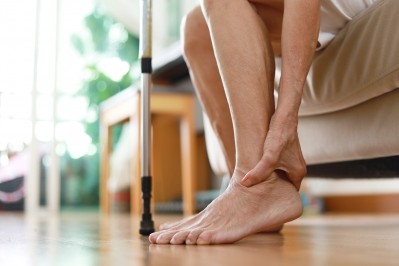Dietary deficits: South Korea warns of vitamin A, C, calcium and iron deficiency from poor eating habits

Nine in 10 adolescents did not meet the recommended daily intake for vitamin A and calcium.
About 84 per cent did not meet the recommended daily intake for vitamin C and 79.5 per cent for iron, based on the country’s health survey.
The MFDS has attributed this to poor dietary habits such as the increased intake of processed foods and convenience foods such as carbohydrate heavy ramen, triangular gimbap and tteokbokki for their main meals.
As such, the MFDS has recommended adolescents to supplement their meals with vitamin A and calcium by increasing their intake of milk. The recommended intake of calcium is 900 to 1,000 mg for male adolescents and 800 to 900mg for female adolescents.
There is also an increased intake of caffeine from coffee and energy drinks that could interfere with the body’s absorption of calcium and iron, said the ministry.
A breakdown shows that 88.2 per cent of the female adolescents did not meet the recommended daily intake of iron, while the percentage for male students was lower at 72.2 per cent.
The daily recommended intake of iron is 14mg for male students and between 14 and 16mg for female students.
As such, the MFDS has recommended female adolescents to take vitamin C to aid their absorption of iron.
Statistics among adults
On the other hand, iron deficiency is also common among South Korea women, with one out of five suffering from anaemia, said the MFDS.
Two out of three women are also lacking in their dietary calcium intake.
The ministry has therefore recommended the intake of vitamin D at 10 ug per day to aid calcium absorption, adding that consumers should be careful of exceeding the recommended intake amount while trying to increase their intake of nutrients.
“The MFDS analyses and evaluates the intake of sodium, sugars, vitamins, and minerals to support healthy eating and continuously monitors those who have an unbalanced intake of nutrients.
“It is recommended to eat a variety of vegetables, fruits, and grains, exercise appropriately, and eat regular meals to prevent and manage chronic diseases.
“However, it is recommended to check the labelling so that you do not consume a large amount of specific nutrients due to excessive intake of health functional foods or nutritional supplements,” it said.

















